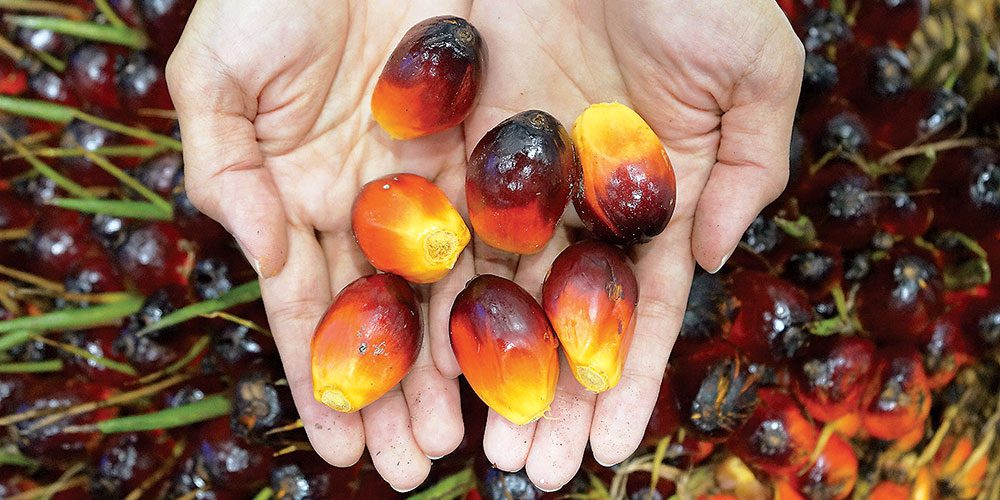THE Plantation and Commodities Ministry (MPIC) alongside its Indonesian counterpart will be meeting European Union (EU) representatives at the end of May to address the issue of banning the sales and export of palm oil to their bloc.
According to Deputy Prime Minister and Plantation and Commodities Minister Datuk Seri Fadillah Yusof, the meeting will be a good session to explain to them about Malaysia’s and Indonesia’s practices in the palm oil industry.
“What are the standards that we have developed, to what extent compliance has been there and what else can we do so that we can meet the middle ground?
“It will be a win-win situation for all since everybody is looking into the environment,” he told reporters after launching the People Positive Palm (P3) First Learning Series Workshop today.
Earlier, he came to an agreement with Indonesia’s Coordinating Minister for the Economy Airlangga Hartarto for a mission to the EU to know more about the development of the bloc’s palm oil policy.
One of the few matters that Fadillah hopes to address is to not replace Malaysia as a high-risk country because of whatever initiatives they have done.
Fadillah added that the government has subsidised the smallholders to ensure they have complied with the Malaysian Sustainable Palm Oil (MSPO) standards, which he also believes is just as good as the Roundtable on Sustainable Palm Oil (RSPO).
“So that is more critical right now because we need to protect the whole value chain, the health perspective, human rights issues and the environment.”
In 2018, an EU renewable-energy directive required the phasing out of palm-based transportation fuels by 2030 because of their perceived link to deforestation. The law was again tightened earlier this year.
Indonesia and Malaysia — which account for about 80% of the world’s palm oil producers — have launched separate cases with the World Trade Organisation, saying the fuel measure is discriminatory and constitutes a trade barrier.
On a related matter, Fadillah said the labour shortage in the country’s issue in the plantation industry is close to 80% resolved
However, he said certain areas in Sarawak are facing challenges in accepting Bangladesh workers so there will be a challenge in getting Indonesians to work here.
“There will also be challenges in getting more Indonesian workers to come in; as well as rules and regulations imposed by the source countries which are beyond us.
“However, in terms of the process, procedures, applications and approvals, it is almost 100% achieved,” he said.
In January, Fadillah said the shortage of 63,000 foreign workers in the palm oil sector severely affected yield and saw Malaysia lose out on an estimated RM20 billion in revenue last year.
Source: themalaysianreserve.com










